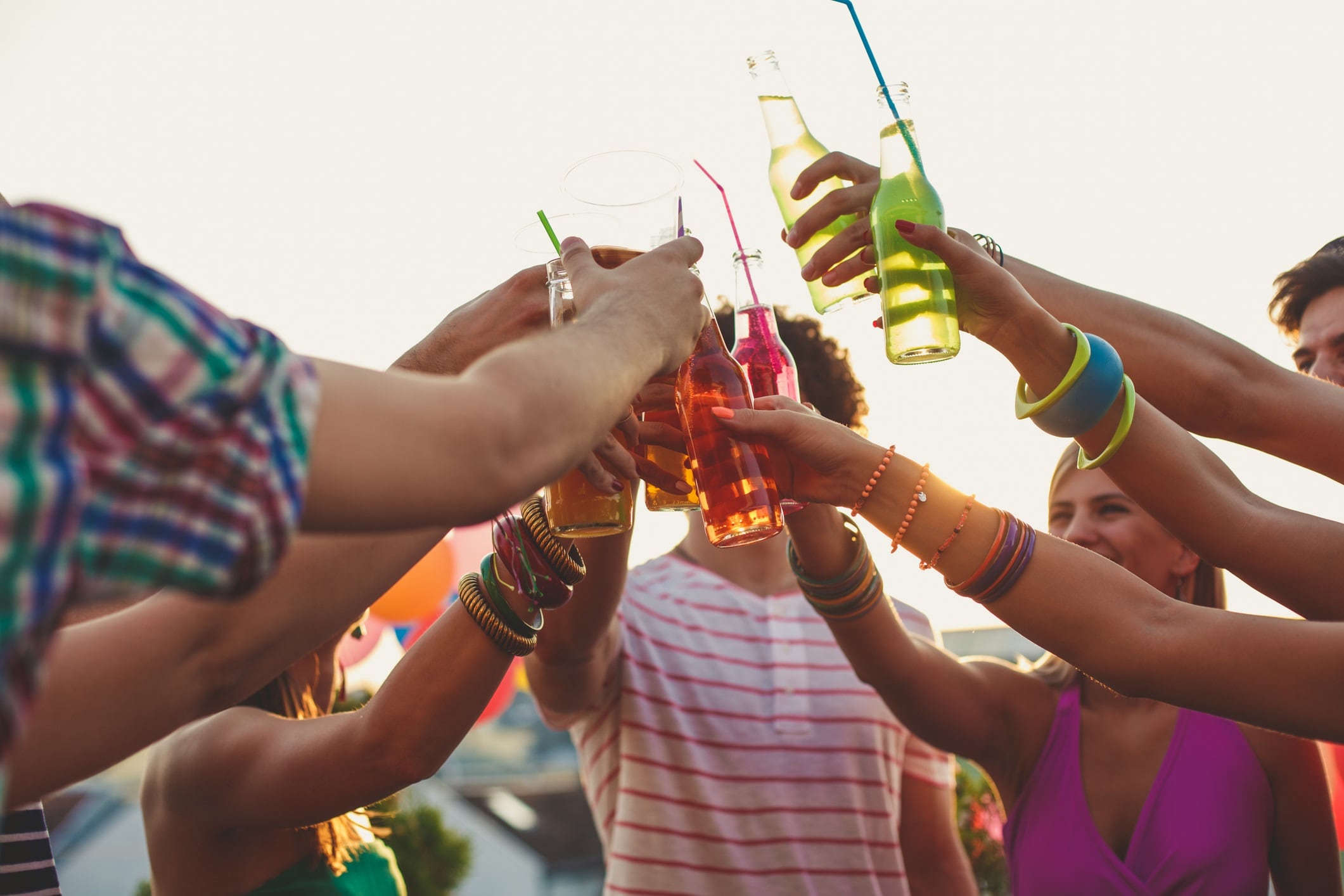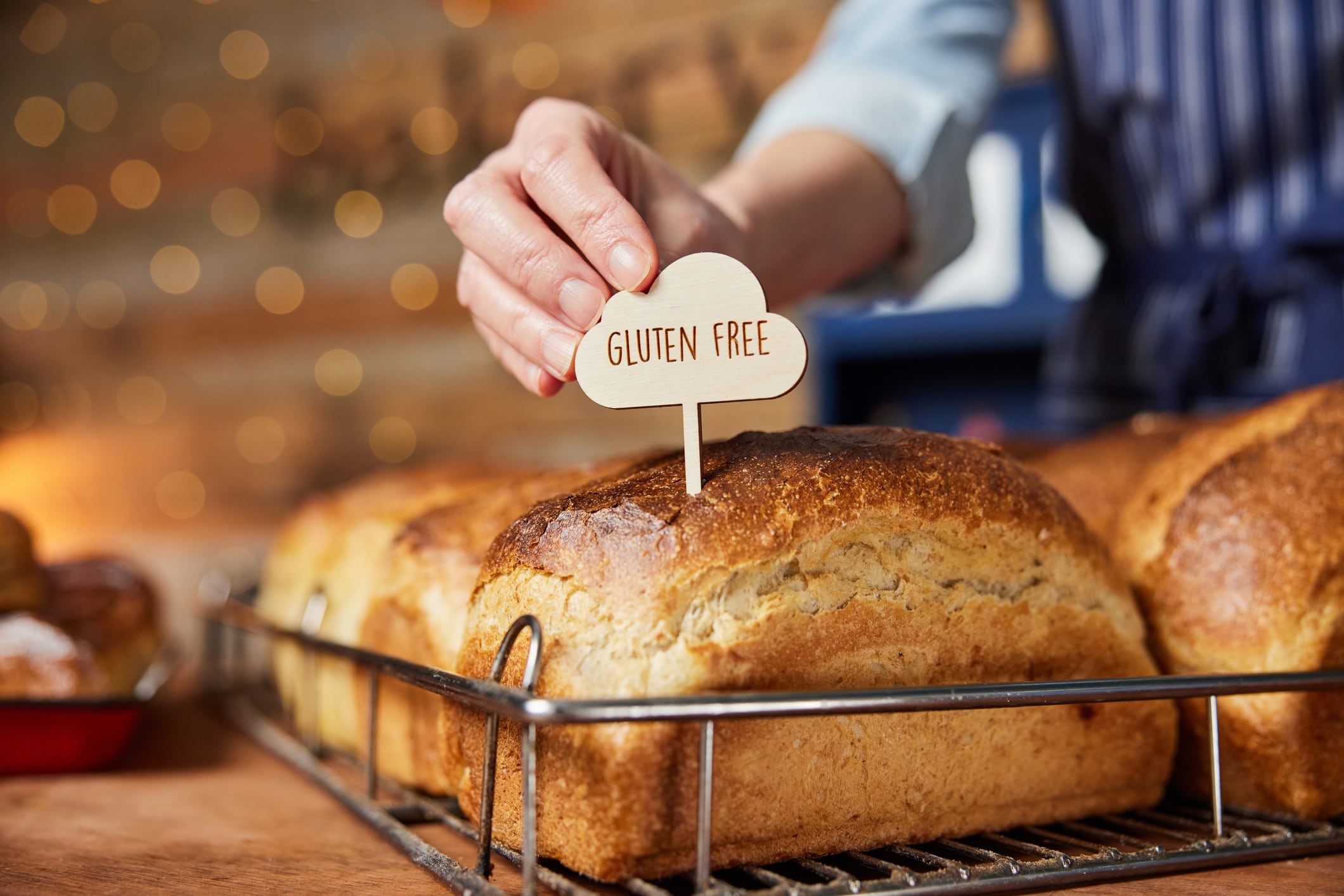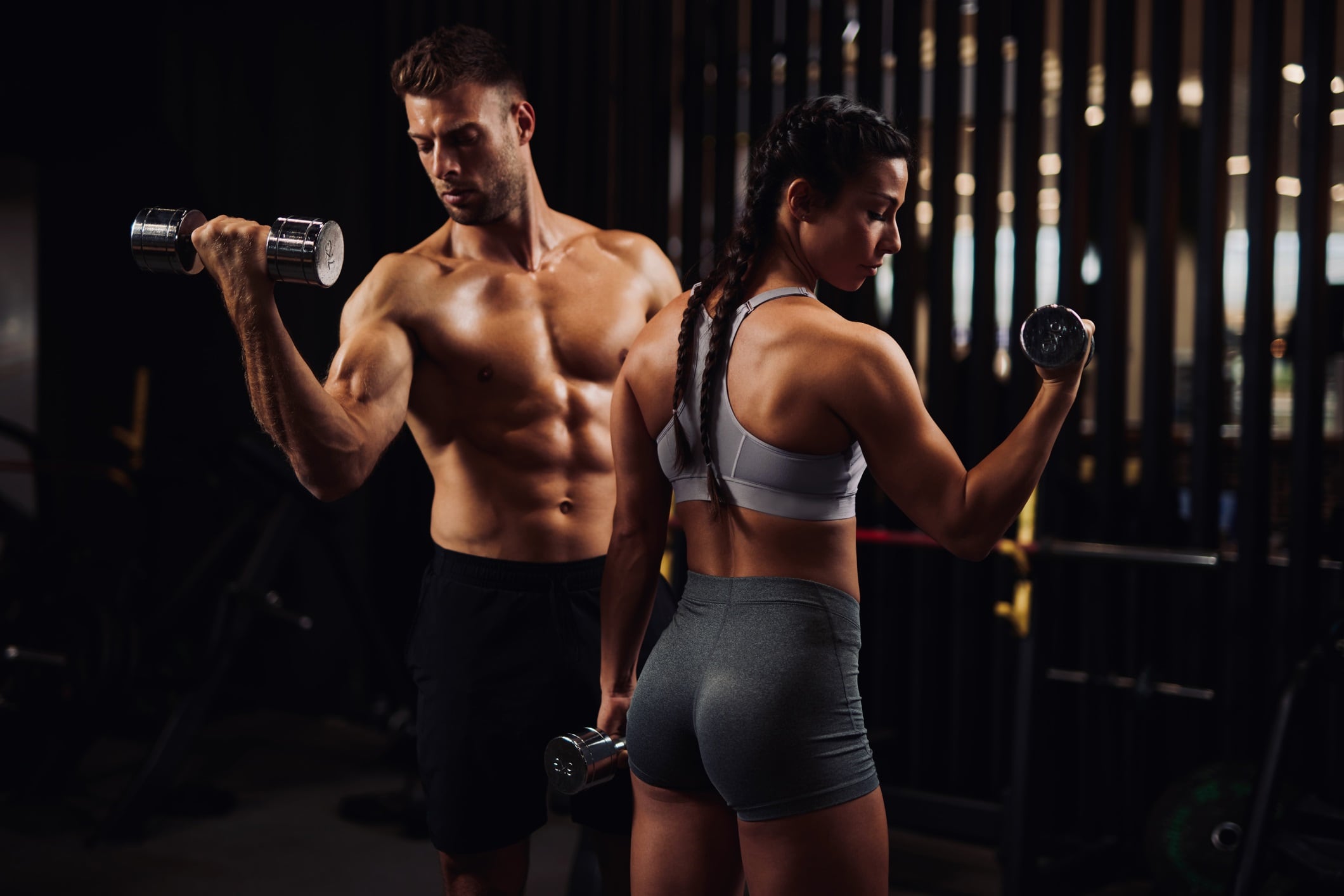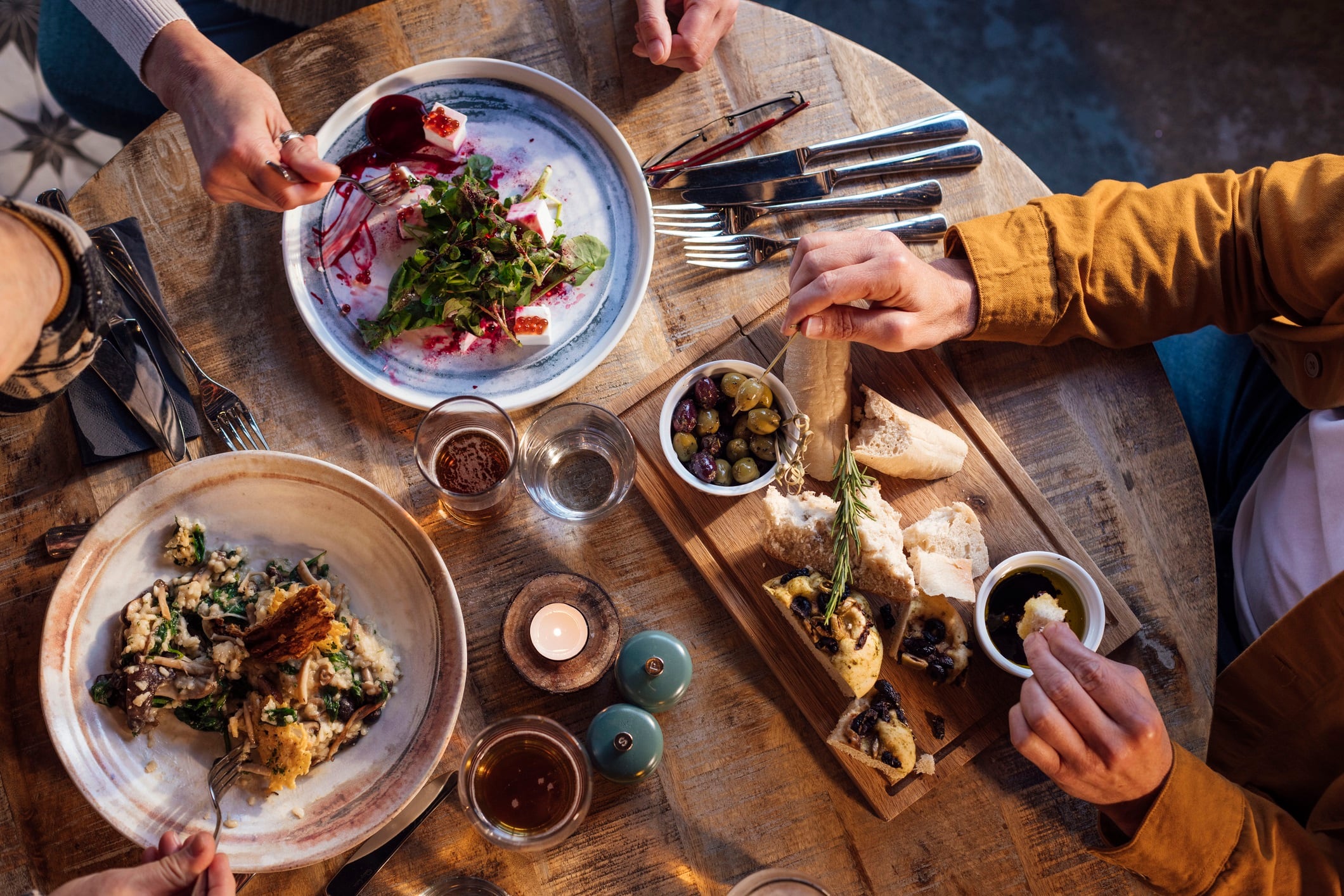Sales of non-alcoholic drinks are on the rise, as European consumers embrace the alcohol-free lifestyle.
In fact, while alcohol consumption continues to decline at a rate of 0.5 litres per capita, the non-alcoholic drinks market is growing at a CAGR of 6%, with a current value of $1.46tn (Grand View Research).
And with success comes innovation and new product development.
“Non-alcoholic innovation is happening at a mile a minute,” says Sarah Kate, founder of alcohol-free website, Some Good Clean Fun.
Enter functional non-alcoholic drinks.
What are functional non-alcoholic drinks?
As you may have guessed, functional non-alcoholic drinks are non-alcoholic drinks with functional benefits. So, what are those benefits and which drinks are getting the functional treatment?
First to go functional were spirits, with brands like Three Spirit launching drinks including ‘Social’, its non-alcoholic botanical elixir, containing lion’s mane, yerba mate and damiana, designed to enhance mood.
Next came functional non-alcoholic wines, with pioneering brands such as Allay leading the way in new product development. Its non-alcoholic functional wine contains adaptogens, ashwagandha and reishi, designed to relieve stress and anxiety, and improve sleep.
Now, bursting onto the market, are non-alcoholic beers, with brands including ImpossiBrew, leading the charge.
“Our enhanced beers don’t just taste great - they’re specifically crafted to help you unwind naturally,” says Mark Wong, founder of functional non-alcoholic beer brand, ImpossiBrew.
Aimed at aiding sleep, the functional beer, from this London-based brewer is designed to “harness the relaxing properties of natural nootropics and adaptogens”.
And while there’s a whole range of functional non-alcoholic drinks, including smoothies and protein shakes, on the market, these functional spirits, wines and beers are taking functionality into restaurants, bars and pubs, and show just how quickly the non-alcoholic space is changing.
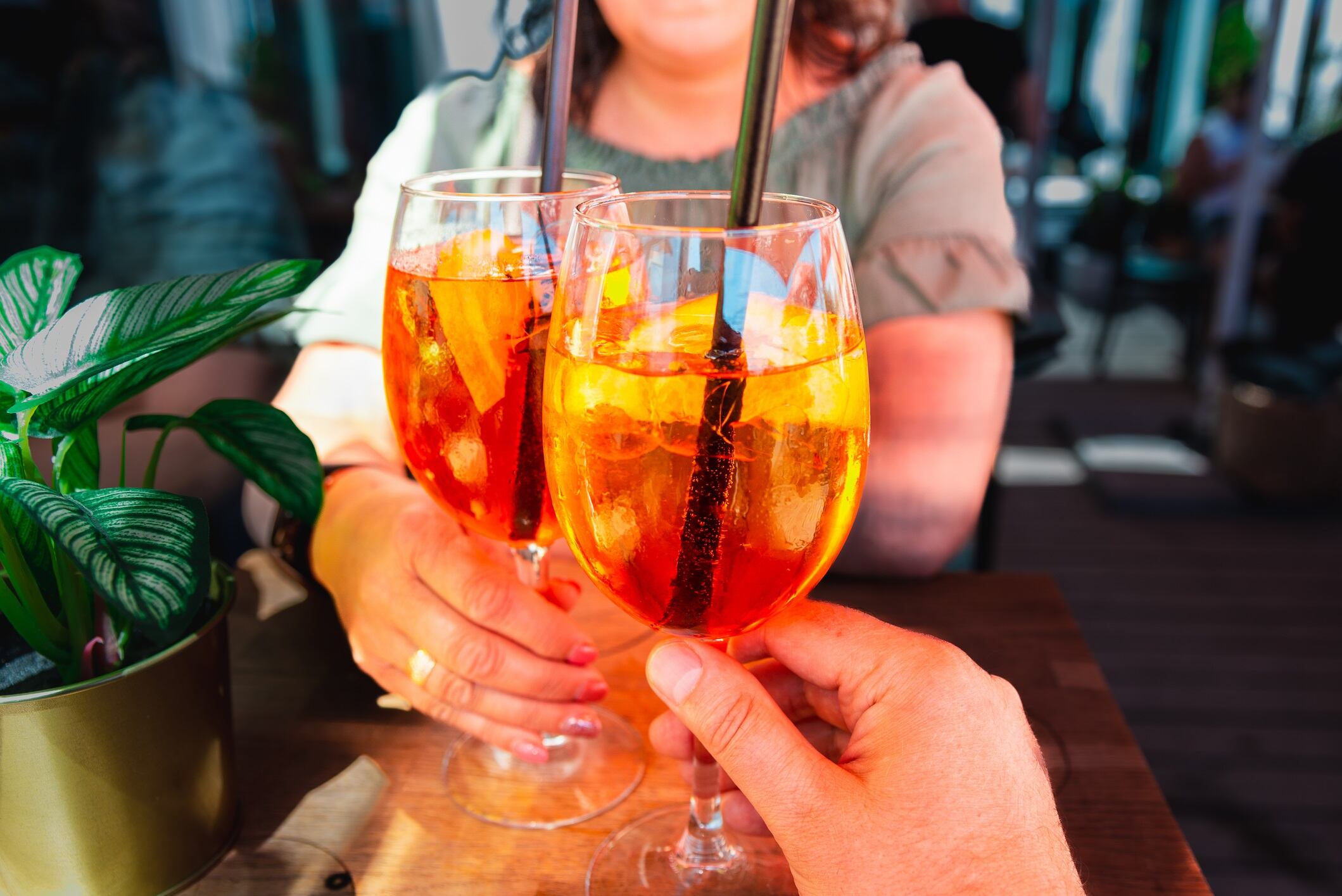
How are non-alcoholic drinks made functional?
Understandably, beverage brands are keen to keep their innovation secrets close to their chests, in order to stay ahead of the competition.
However, ImpossiBrew has shared that its first functional beer was developed, using patent-pending technology, in collaboration with Dr Paul Chazot of Durham University.
“The formulation harnesses natural ingredients including L-theanine and ashwagandha,” says Wong. “L-theanine, an amino acid found in green tea, is known to promote alpha brain wave activity, and ashwagandha, an adaptogenic herb used for millennia in Ayurvedic medicine, has been studied for its effects on relaxation.”
Similarly, Three Spirit is happy to share the ingredients used to provide functionality, while remaining tight-lipped on their technology.
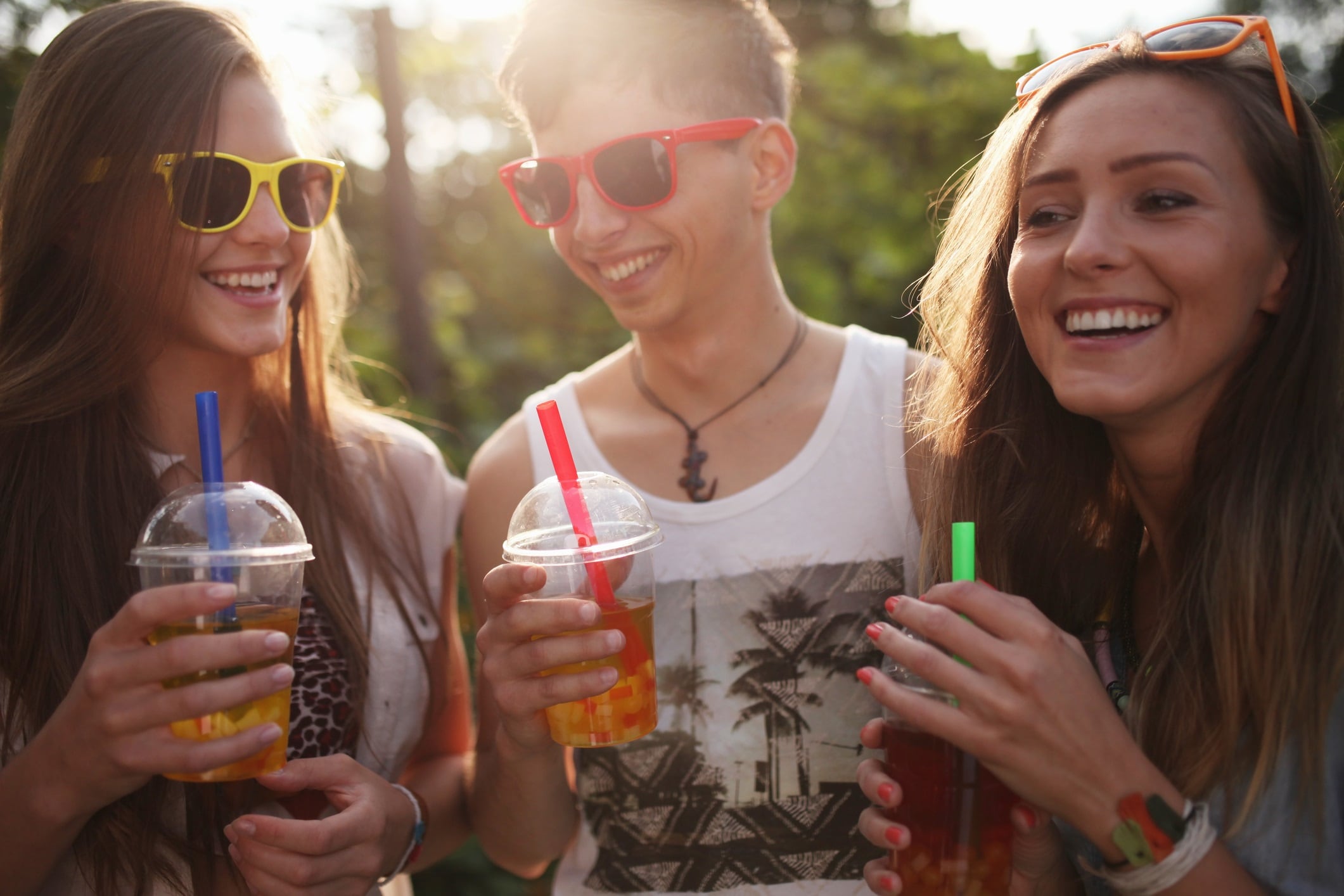
Innovation opportunities
This major development in the non-alcoholic category is likely to spark an explosion in innovation and new product development, as other brands race to release their own functional offerings.
The fast-growing non-alcoholic beverage industry has already proved it’s a hit with consumers and the functional drinks market is an unstoppable juggernaut, with a global market value of 204.8bn and a CAGR of 7.1% (Grand View Research). Together, they could be unstoppable.
So, what functional benefits should non-alcoholic beverage brands be focussing on?
“By far the most popular feature of a functional drink is boosting hydration, with 7 in 10 consumers choosing functional beverages with this claim,” says a spokesperson for Mintel. “Following that, drinks that boost immunity, reduce inflammation, and enhance brain power are widely popular with consumers.”
But one big question remains to be answered – when will the big industry players, such as Heineken and Birra Moretti, join the functional non-alcoholic drinks market. With its obvious appeal to consumers, we doubt it will be long.
And finally, will the alcoholic beverage industry fight back with its own functional offerings? Almost certainly.


